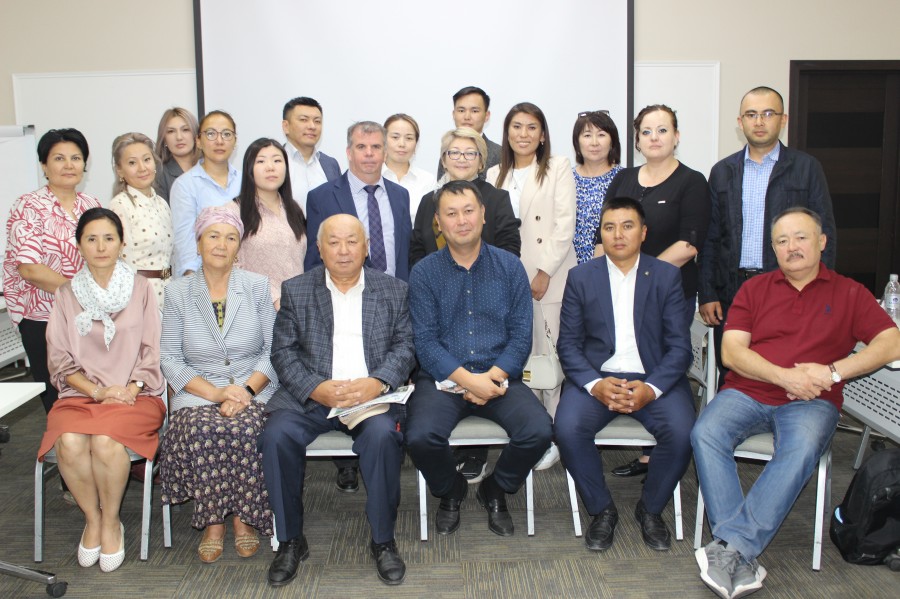
Cooperation between this UN agency and the civil sector in Kyrgyzstan is envisaged by the Framework Program for Cooperation with CSOs and the new Country Strategic Framework for 2023-2027. These documents, prepared on the basis of the National Development Strategy of Kyrgyzstan until 2040, define priorities to provide support to the socio-economic sphere of the country by FAO. These are (1) provide the population with equal access to health services, social protection, employment through effective gender policy; (2) support the government in ensuring prosperity and sustainability of the country's inhabitants through environmental and socio-economic development; (3) promote actions related to climate change, disaster risk management, environmental protection for the conservation of natural resources. These directions are identical to the general system of values and sustainable development goals of the United Nations.
The project role of the CAMP Alatoo PF was to facilitate cooperation between FAO and CSOs using approaches to develop mechanisms of interaction, raise awareness of the civil sector about the activities of the international organization, and to identify needs, interests and expectations of both parties in a constructive dialogue.
An information seminar was organized for civil society organizations working with the population in the field of agro-production and food safety. It was attended by 29 representatives from Osh, Batken, Talas, Issyk-Kul, Jalal-Abad, Chui and Naryn Oblasts. An important point of the discussions and group work was to discuss the prospect of creating a platform for dialog between FAO and CSOs and building a mutual cooperation scheme. The key components of the subsequently established collaboration framework encompassed initiatives aimed at enhancing the skills of personnel, advancing the institutional development of CSOs, updating the database containing information on existing non-governmental organizations, experts, and consultants, and improving communication between the FAO and CSOs regarding donor assistance and ongoing projects.
During a consultation meeting, discussions were held on opportunities for effective collaboration between the FAO and CSOs within the cooperation programs and assistance to Kyrgyzstan for 2023-2027. The gathering saw the participation of 20 representatives from civil sector organizations who were introduced to FAO's programs. Participants provided recommendations in three key areas and outputs: social services, the green economy and food security, and environment and adaptation to climate change. Practical recommendations were identified for each of these areas, including initiatives such as raising public awareness and promoting the significance of climate change issues (e.g. melting glaciers), sharing success stories, providing expert and mentoring support for migrants, and more.